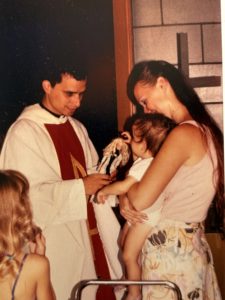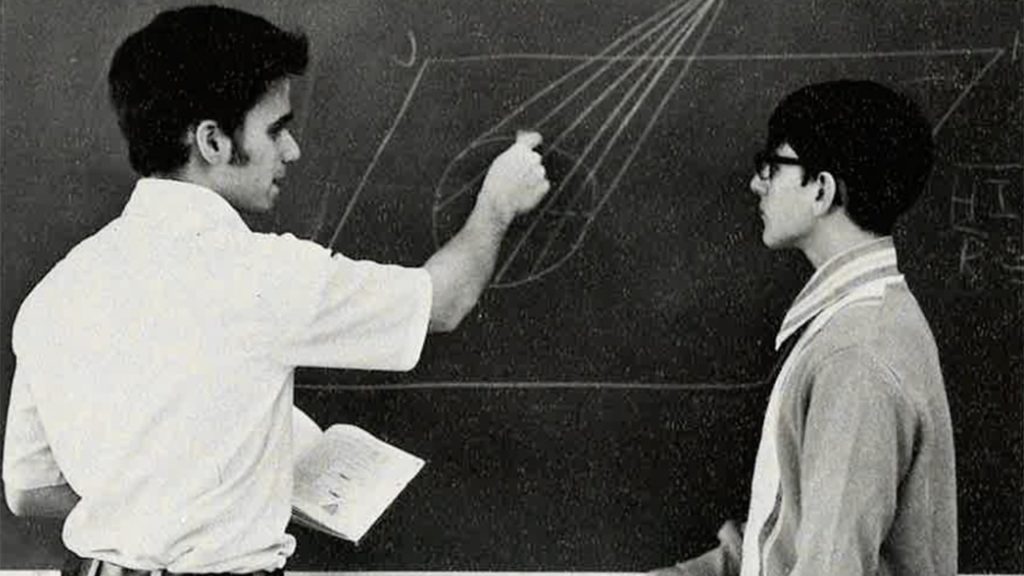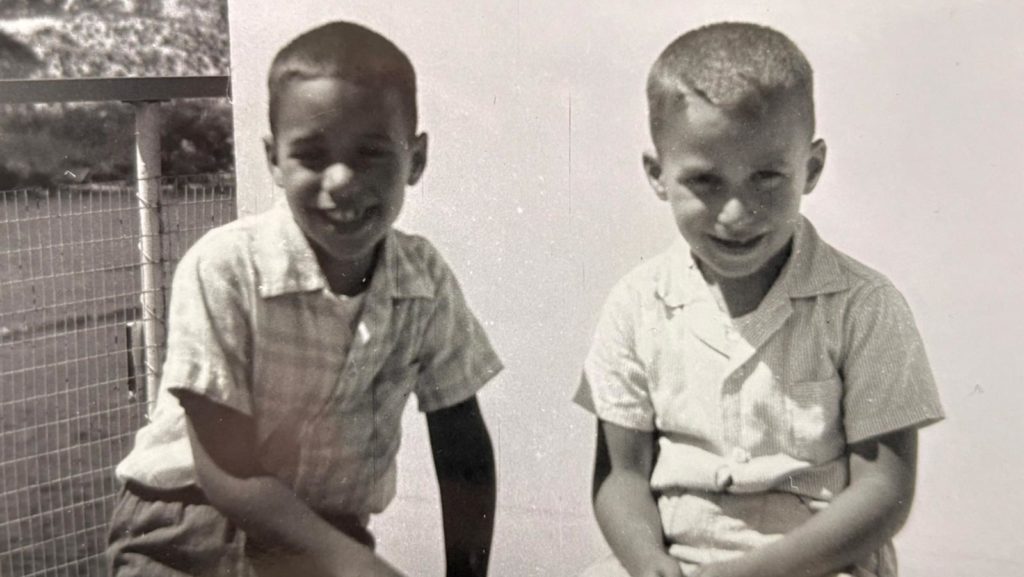Pope Leo XIV’s first words as pope on the balcony of St. Peter’s Basilica May 8, 2025, began with the same sentence every Catholic hears at Mass each Sunday: “Peace be with [all of] you!”
Ordinary. Familiar. Both recognizable and relatable to every Catholic man and woman worldwide.
As it happens, ordinary, familiar, and relatable are the hallmarks of the man who was Robert Francis Prevost.
Vatican-watchers had long insisted that a cardinal from the United States becoming pope was an impossibility. But the conclave that chose Cardinal Prevost as the 267th Bishop of Rome was not deterred by the fact he was an American — specifically, a Chicagoan. Suddenly, the world’s attention turned to “The City of Big Shoulders.”
Although we are still only a few months into Leo’s pontificate, the interest in his trajectory — from Chicago’s South Side to the humble southwest “collar suburb” of Dolton to Villanova University to Peruvian missionary to bishop to cardinal to Holy Father — continues to grow. How did a man from such a typical Catholic family and working-class neighborhood rise this far?
Fresh off the success of its quickly produced documentary “Leon de Peru,” the Vatican Dicastery for Communication has released something of a sequel, “Leo from Chicago,” which strives to capture the Holy Father’s formative years. There is a larger, more extensive story about Leo yet to be told, but the Vatican documentary aims to understand the kind of friends Robert Prevost made, and the type of friend that he was to others.

The documentary is smattered with nostalgic imagery of Chicago: the iconic Sears (now Willis) Tower, large four-door cars sauntering along Lake Shore Drive, Italian beef stands, and bustling city streets. It features interviews with the Prevost brothers — Louis Martin (whom the family called “Marty” as he shared his father’s first name), and John (referred to as “Jay”), reflecting on their brother “Rob’s” infancy and childhood.
We learn that the Holy Father’s early life was like the announcement of his election: simultaneously both extraordinary and perfectly ordinary — predictable, even.
Like many Catholic schoolboys of his era, the Holy Father and his (apparently conscripted) older brother “played Mass” with Necco candy wafers and their mother’s ironing board. “He didn’t think it was playing — he thought it was real,” his brother John insists.
Robert was an altar server from a young age, and could assist at Mass in both Latin and English. He often accompanied his mother to weekday 6 a.m. Masses at their parish, St. Mary of the Assumption Church. His father was often unable to join them because of his work obligations, but it is clear he shared in his wife’s practice of the faith. The future pope’s brothers recall with admiration how their parents routinely recited the rosary after dinner, and how their Catholic faith was ingrained in every aspect of their daily lives.
While there is not a lot of new ground covered in this documentary, viewers do have the opportunity to hear substantial insights from Leo’s fellow Augustinians, friends from his boarding high school minor seminary, undergrad classmates at Villanova University (where the Holy Father was a founding member of the pro-life club), as well as former post-graduate teachers and colleagues.
Much of the documentary’s discussion of the pope’s life is so unremarkable that it could reflect any random Chicago Catholic family — his parents had to put his crib in the dining room because they didn’t have an extra bedroom. They had fish every Friday! He sent friends birthday and graduation cards! He loves to drive so much that his extensive automotive knowledge rivals that of Marisa Tomei’s character Mona Lisa Vito (portrayed in the film “My Cousin Vinny”).
We also hear about his love for marshmallow Peeps, Thanksgiving stuffing, and Italian beef sandwiches at Portillo’s (on that culinary point, this native Chicagoan and the pope must sadly part ways, as she is partial to Johnnie’s). He attended Chicago White Sox games, went snowmobiling, and once sported the same sideburns as Dan Akroyd’s “Elwood” character for the opening weekend of the Chicago-based film, “The Blues Brothers.”
Yet the Holy Father’s extraordinary character also becomes evident, even if it was not fully recognized at the time. An elementary school teacher gently teased he would be “the next pope,” which was at the time a source of embarrassment for young Rob. In one remarkable recollection, his brother reveals how “Rob” was a person of unity even as a boy, managing to single-handedly diffuse a group of bullies who were trying to steal their bikes. “He turned an unruly mob into his friends!” his brother recalls.

The new documentary is not an in-depth look at Leo’s life, nor does it claim to be. For those seeking an abbreviated, yet genuine and heartwarming glimpse into the people and places that shaped Leo, “Leo from Chicago” is a well-sourced and often charming window into the person that the Lord called to serve him as the Successor to Peter.
One of the greatest compliments one Chicagoan can give to another is to refer to him or her as “solid.” It denotes a dependable, steady, upstanding person who can be counted on to do the right thing, come what may. It is fitting that the documentary ends with that accolade.
“He doesn’t impose himself on the office,” notes fellow Augustinian Father John Merkelis. “But ‘Bob Prevost’ is a solid guy. And Leo is a solid pope.”

